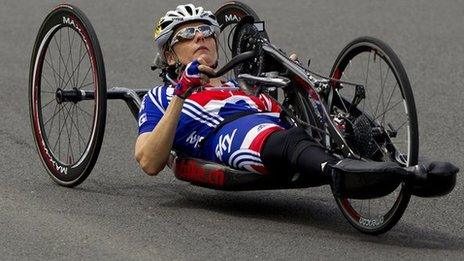Rio Paralympics 2016: Games to go ahead with major budget cuts
- Published
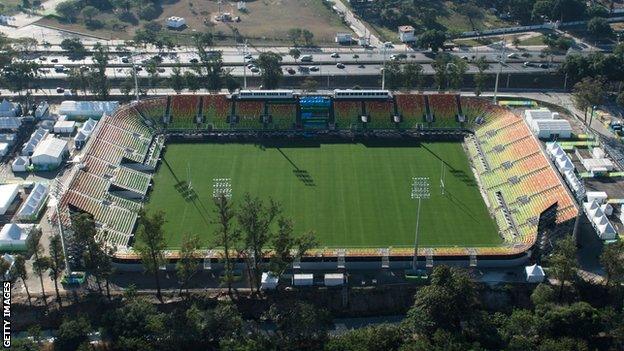
The Olympic Stadium in Deodoro will stay in use as a stand-alone venue but the Olympic Park around it will be closed and dismantled
The Paralympic Games will take place as planned next month, but face major budget cuts, the International Paralympic Committee has announced.
The cuts will be made to venues, the workforce and transport.
Delayed travel grants will now be paid to athletes, but 10 countries may struggle to get teams to Rio.
"Never before in the 56-year history of the Paralympic Games have we faced circumstances like this," said IPC president Sir Philip Craven.
With 19 days to the start of the Games, the IPC says Rio's organising committee has not raised enough money to fund the Paralympics.
This is due to Brazil's struggling economy and the fact that only 12% of available tickets have so far been sold for the Games, which start on 7 September.
It meant organisers were three weeks late in paying 8m euros (£7m) in travel grants to help athletes get to Rio.
But Rio's mayor Eduardo Paes has secured an additional £36m of funding and £24m in sponsorship from state-run companies after an injunction was lifted that had blocked further state aid for the Games.
What's being cut?
Downsizing of Rio 2016's workforce for the Paralympics
Changes to the transport services for athletes and their teams
The closure of a number of venue media centres
Moving events to other venues to enable Deodoro Park to be dismantled, allowing the other venues to have dedicated transport hubs
However, security forces currently in place for the Olympics will remain for the Paralympics.
Craven added: "These cuts are on top of the ones we, together with the International Olympic Committee, have already made in the last 12 months and are likely to impact nearly every stakeholder attending the Games."
Organisers were meant to pay travel grants to all 165 participating countries by the end of July. The grants, paid to national Paralympic bodies, cover the travel costs for athletes and officials.
The first instalments will now be paid but the IPC is concerned that the delay could threaten some countries' participation.
"Currently we have around 10 countries who, even if the grants are paid, may struggle to cover the cost of their travel to the Games," said Craven.
The IPC also said only 290,000 tickets have been sold and it did not expect to see full venues in Rio.
Despite the problems Craven said the Games would "act as a catalyst to positive social change in Brazil and Latin America".
He added: "We are working desperately hard to protect athlete services, especially within the field of play.
"They have dedicated their lives to reaching these Games and we will do our utmost to try to maintain the service levels and scope that they expect at a Paralympic Games."
Reaction

Great Britain's Paralympic gold medallist Aled Davies

Four-time Olympic gold medallist Matthew Pinsent

Three-time Paralympic silver medal winning cyclist Jon-Allan Butterworth

Cyclist Dame Sarah Storey, who has won 11 Paralympic gold medals
The British Paralympic Association says it is "worried" about the situation.
In a statement it said: "The news about the Rio 2016 Paralympic Games is worrying given the obviously constrained budgets and significant reductions in service levels for venues, transport, provision for the media and other stakeholders.
"London 2012 proudly showed the world what was possible and we want Rio to be the next stage of that positive journey. The IPC's announcement makes clear that there is major risk to that."
Richard Lane, from disability charity Scope, added: "It's incredibly disappointing to hear that disabled athletes are being short-changed and face competing in empty stadiums.
"With more than two weeks to go, we hope the organisers can address these issues and ensure the Games are a success."
Analysis
Baroness Tanni Grey-Thompson, who has won 11 Paralympic gold medals, on BBC Radio 5 live:
"As much as London was amazing, we really hoped Rio would be another step up. They have successful teams, media sponsorship, but when they bid for the Games they were in a different financial and political position.
"Part of me thinks the IPC has been quite bold in going public to put pressure on the government to step up and deliver the Games they want to deliver.
"But what really worries athletes is events running on time and transport to the venues.
"Those are the bits they need to concentrate on right now to make sure it happens.
"Where we are really lucky in the British team is having the resources and set-up to mitigate much of this. It's desperately disappointing for athletes who potentially can't get there. Maybe some of the better-off countries can step in and do whatever we can."
- Published18 August 2016
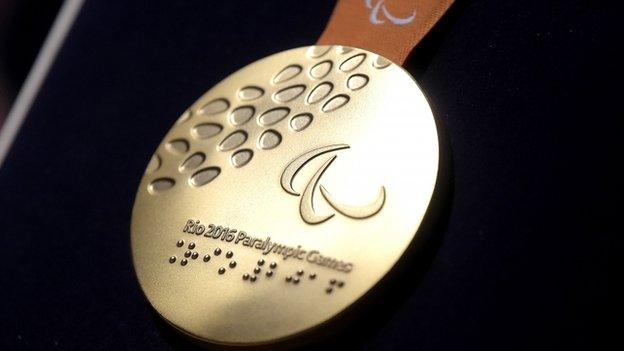
- Published17 August 2016
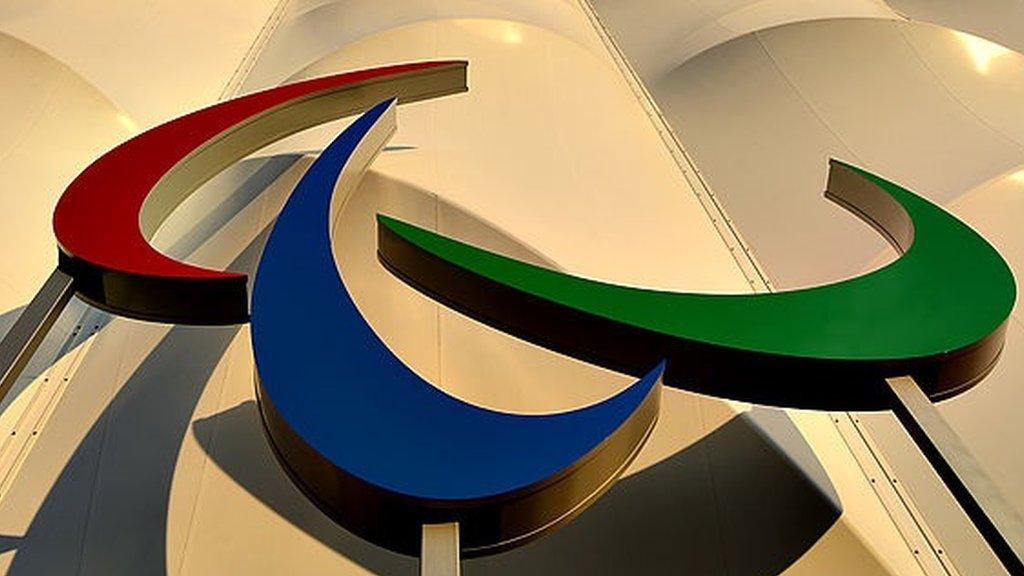
- Published16 August 2016
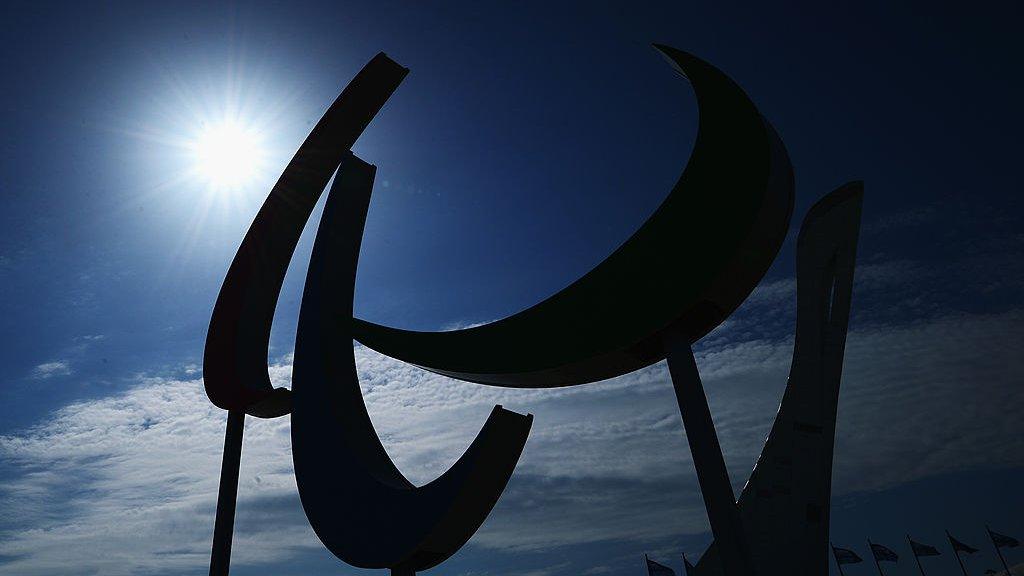
- Published23 August 2016
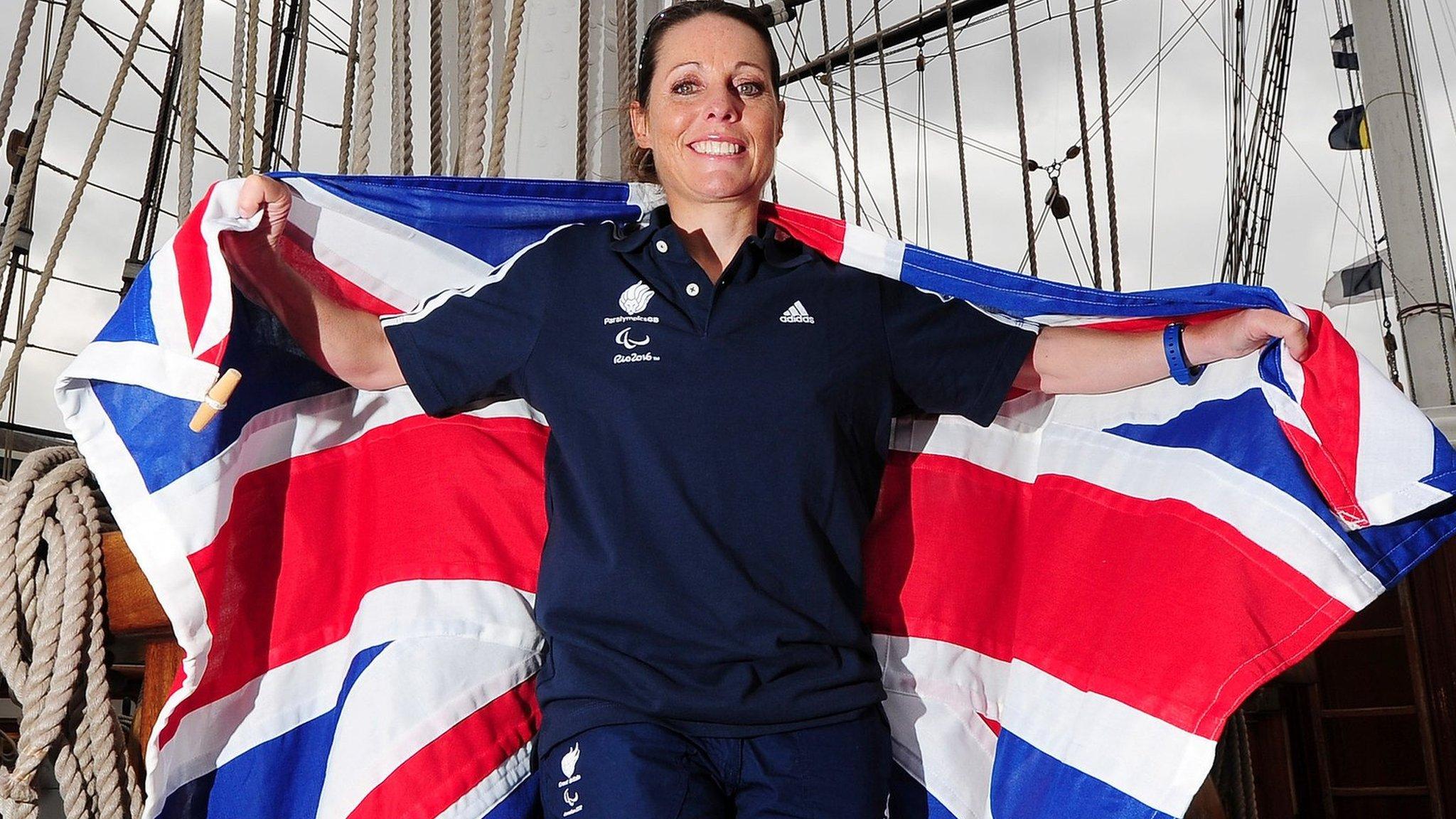
- Published5 September 2016
